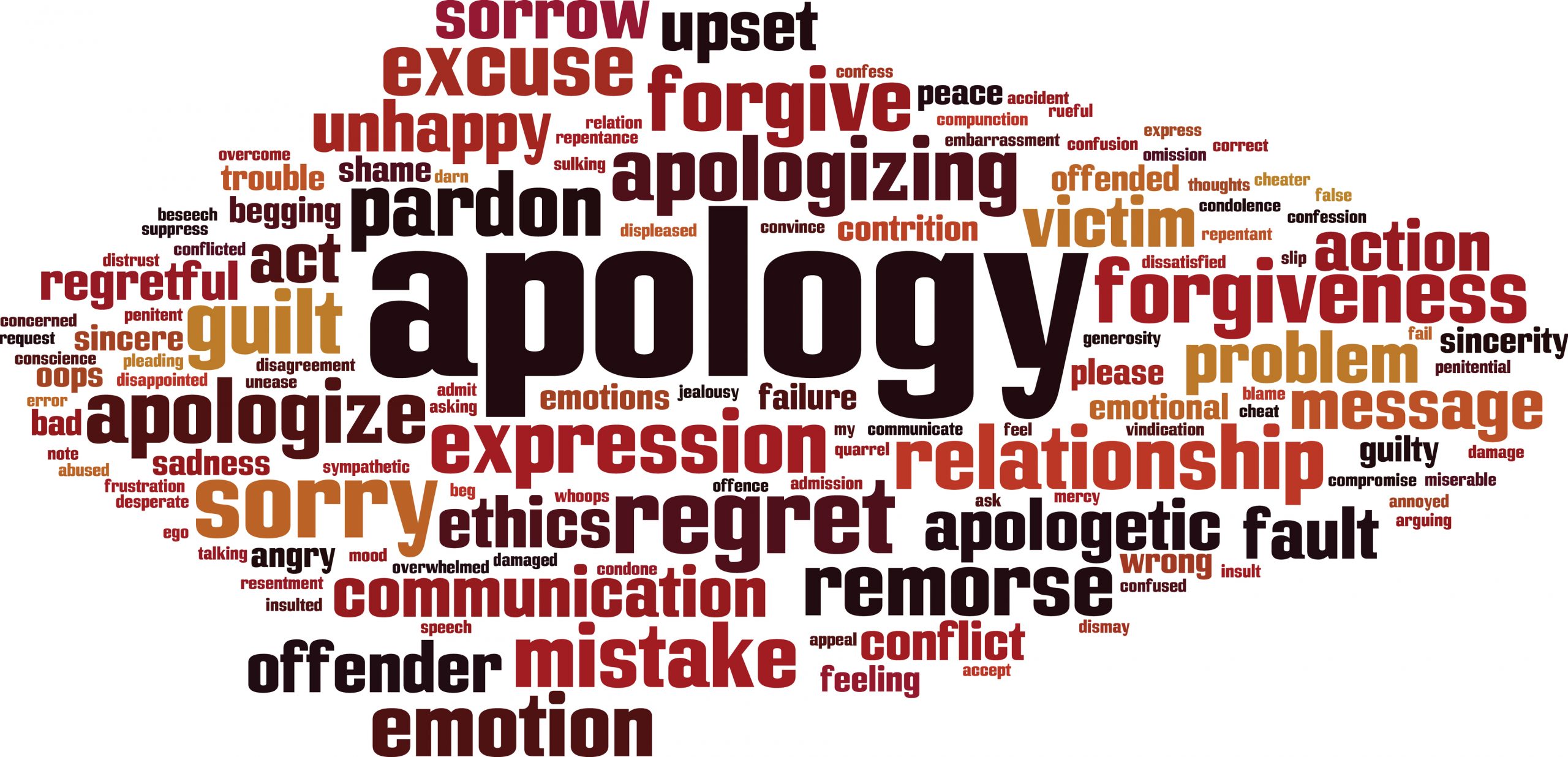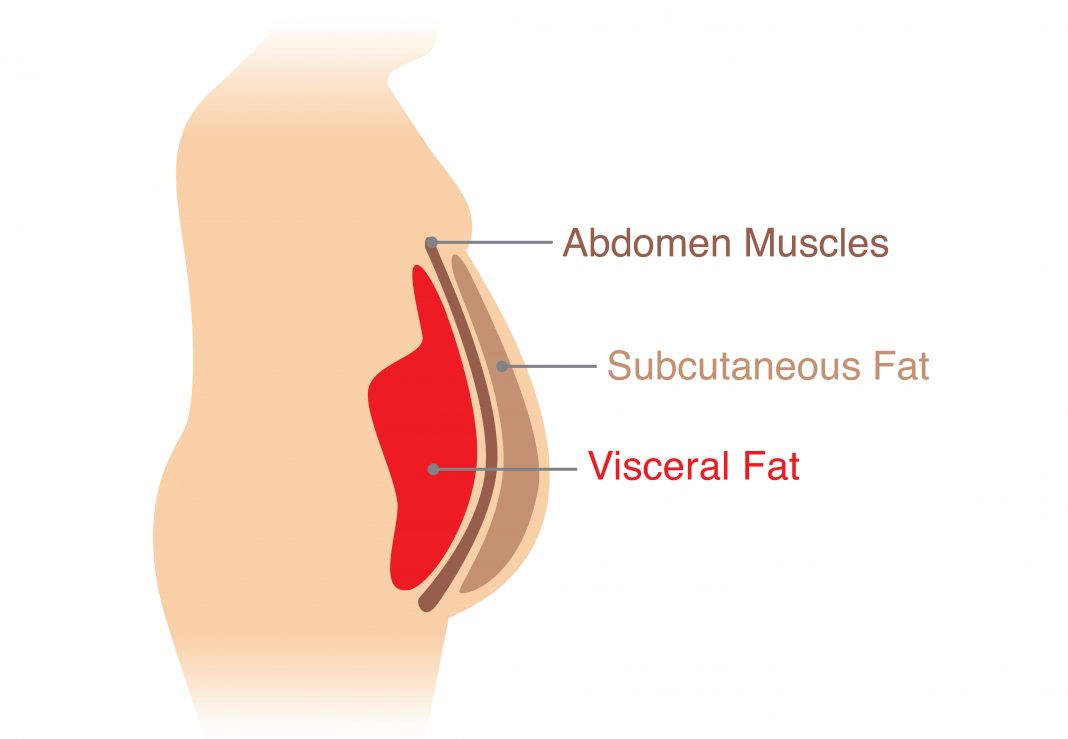The first three words that every parent is in a rush to let their children learn —‘Please, Thank-you, Sorry’
We take these words with us through life and flippantly use them without knowing the depth or intimacy that goes along with the use of these words, often not being able to differentiate between the use for a personal heartfelt deed or misdeed or business jargon
“Im sorry’ rolls off our tongues so smoothly, without the slightest bit of hesitation. intentionally or unintentionally. While showing remorse when you have caused pain is important, there is a big difference between saying sorry and apologising.
Oftentimes, we say sorry without cause or reason. While you may think this reflexive apology shows respect or empathy, it can actually make you appear ingenuine or even under confident.
If you struggle with chronic over-apologising, It’s time to start taking a different approach to express what you truly mean and consider a few alternatives to the “I’m sorry” stuck record.
Here are a few ways of expressing feelings —
Show understanding —
It’s common to apologise to show sympathy for another person’s situation but instead of saying sorry, try to offer understanding or even some validation to create a more meaningful heart to heart.
Example: I hear you.
Thank you —
Apologising is for remorse. An earnest thank you expresses gratitude. Instead of instinctively saying sorry, opt for a thank you. A genuine “thank you” can be more appropriate than an apology in some situations.
Example- If you are late, don’t apologise for being late, say “Thank you for waiting for me.”
Be relatable —
Show compassion and understanding with a relatable statement instead of an apology.
Example: if someone is talking about a fight with a friend or an altercation with a colleague, choose to say,
‘That sounds frustrating,’
‘That’s unfortunate,’
‘How disappointing,’
instead of saying “I’m sorry”.
These statements show support without unnecessarily taking the blame for something that is not about you.
Use unfortunately —
When inconvenient circumstances are out of your control like a traffic jam, an accident or unforeseen situation, DO NOT APOLOGISE. You may feel the impulse to apologise but remember you aren’t to blame. Instead of apologising in these situations, simply acknowledge the unfortunate occurrence of these situations. If something is not in your control, don’t blame yourself.
Example: Thats unfortunate or unfortunately this happened.
Pardon me —
You can simply say ‘Excuse me’ or ‘Pardon me’ in certain situations instead of “I’m sorry”.

In times of conflict or differing opinions —
If you experience conflict or a difference of perspective and opinions with someone, you may feel the instinctive urge to apologise. Remember that this is unnecessary. Instead of saying sorry in these situations, try acknowledging their views while maintaining yours.
Example: ‘I understand your point of view’ or ‘I appreciate your input, but…’ are effective alternatives to “I’m sorry.”
Apologise without using the word sorry —
An apology is about taking responsibility for your wrong actions. Next time you feel compelled to say “sorry,” don’t use that word. Apologise without it. Here are some synonyms for sorry.
I can’t apologise enough.
I’m regretful.
Pardon me.
Forgive me.
My mistake
My bad.
Practice empathy instead of sympathy —
“I’m sorry” usually shows sympathy. Instead, practice empathy. Try to understand what the other person might be feeling and share their experience. Sorry often conveys sympathy, which rarely makes the other person feel better, heard or valued.
Example: a warm smile, a nod, a pat on the shoulder or hand holding are the perfect body language you could use if words don’t come easy.
Talk about how you will make it right or make it up to them —
It can be challenging to talk about citations where you have hurt someone or made a mistake. Rather than apologising in these instances, be accountable for your actions. “I’m sorry” can often become a statement without meaning.
Example: May we talk about the sequence of events, discuss what went wrong and rectify what went wrong so we can put it past us.
Don’t apologise for bothering people or asking for help —
There’s no need to apologise for having questions, needing assistance or asking someone to help you. All of us struggle from time to time and you’ll be surprised at how helpful people actually are.
Example: to comprehend, to understand, to converse clearly, builds social connections. Never shy away from talking about anything you are unclear about.
Be self aware —
If you feel like you constantly say sorry, ask yourself, ‘why?’ Consider a more emotionally intelligent approach to situations. Certain instances require an “I’m sorry” but most do not. Weigh the outcome of using the word ‘sorry’ versus other words like ‘I’m disappointed,’ ‘I’m dismayed, ‘I’m disillusioned’ to express your true feelings.
Actions speak louder than words —
Using sorry as an occasional, heartfelt response to disappointment can be very effective. But overusing it is often viewed as excuse-making. Sometimes your actions can show you are truly sorry much louder than your words.
Conclusion —
There’s a time and place to say sorry and it most definitely isn’t in every situation. Pick one of these alternatives the next time you’re tempted to say “I’m sorry”
Break the sorry habit, expand your vocabulary to match your feelings.




